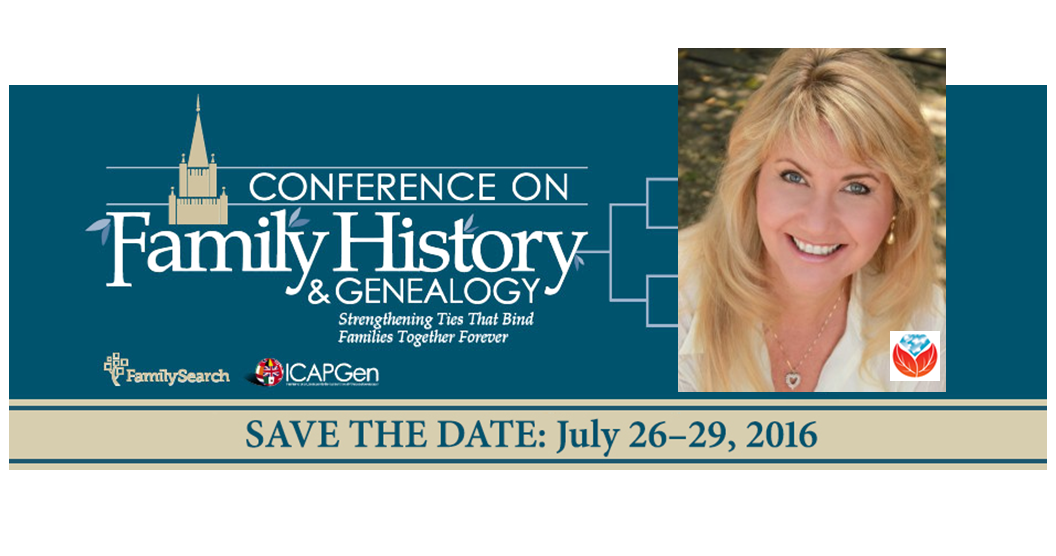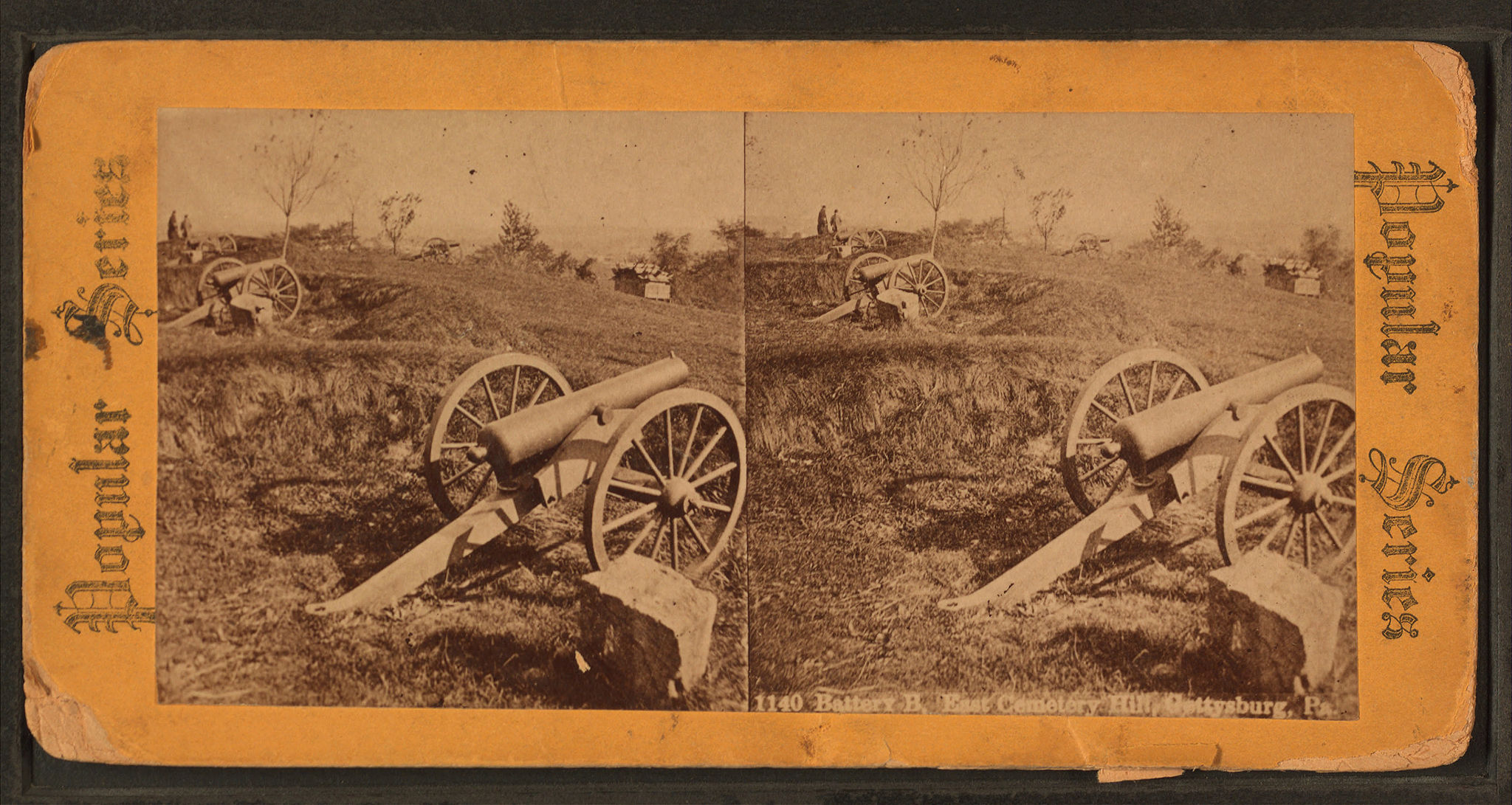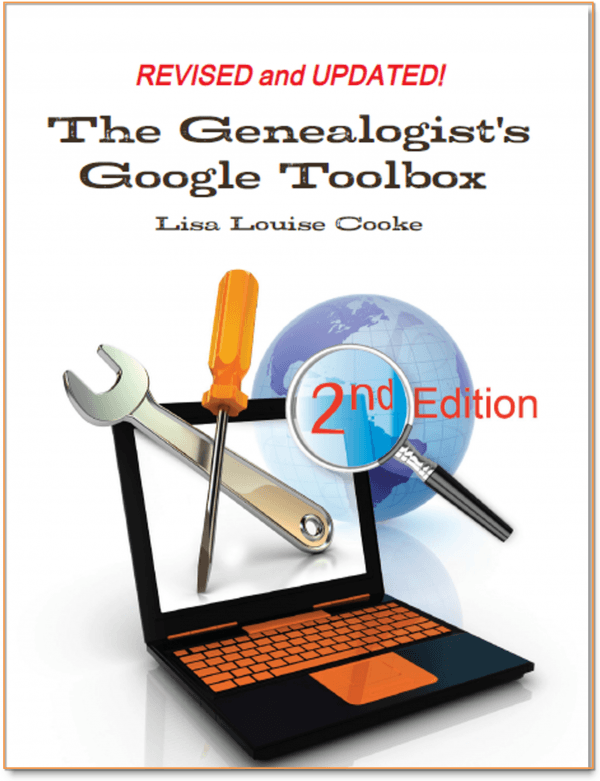by Lisa Cooke | Jul 10, 2015 | 01 What's New, Ancestry, British, Census, Church, Digital Archives, FamilySearch, Findmypast, images, Irish, Jewish, Records & databases, United States

Every Friday, we blog about new genealogy records online. Do any of the collections below relate to your family history? Please share this post with any genealogy buddies or societies that might be interested. At the end of this post is a search tip for researching records in other languages.
ARGENTINA BAPTISMS. Ancestry has updated its database of Argentina, Select Baptisms, 1645-1930 (in Spanish), which is also searchable on FamilySearch. It’s a partial but growing index; click here to see current coverage on FamilySearch. Baptismal records are generally for newborn babies, with the date and place of event, parents’ names, and newborn death information.
ENGLAND AND WALES CRIMINAL RECORDS. Nearly 2 million records have been added to Findmypast’s databases of “crime and punishment.” Datasets include England & Wales, Crime, Prisons & Punishment, 1770-1935, with details of felons in England and Wales, 1770-1935; the Home Office: Newgate Prison Calendar 1782-1853, taken from printed lists of prisoners to be tried at Newgate, in London, a prison for debtors and felons; Quarterly Returns of Prisoners 1824-1876 with 639,600 records of sworn lists of convicts held on board prison hulks, in prisons and criminal lunatic asylums; The Home Office: Criminal Entry Books 1782-1871, letters sent out from the Home Office, and a sort of “most wanted” list: the Metropolitan Police: Criminal Record Office: habitual criminals’ registers and miscellaneous papers kept by the police and circulated among the force on a regular basis.
IRELAND PARISH RECORDS. We blogged earlier this week about this new collection and it’s been a super popular post! The National Library of Ireland has posted digitized images of all its parish records, dating from the 1740s to the 1880s. Click on the blog post link to learn more about it.
KANSAS CENSUS RECORDS. Kansas, City and County Census Records, 1919-1961 is now available to Ancestry subscribers. Partially indexed, the images are of population schedules for city- and county-level enumerations. These include household, livestock and agricultural details by head of household; beginning in 1953, all household members are named.
POLAND GHETTO ID CARD REGISTRATIONS. A new FREE database on Ancestry is Poland, Łódż Ghetto ID Card Registrations, 1939-1944 (USHMM) (in German), an index to Jewish records from the United States Holocaust Memorial Museum. Records include extracts from vital records, ID cards, work registration documents and protocol forms.
 Some of the record sets mentioned above–and many others–were written in languages you might not speak. For best results, use the version of the name that would be common in that language, along with keywords in that language, before trying searches in your own language. Google Translate does translate common keywords and some common English names (John, Alexander, Mary, Andrew) to other languages, but isn’t guaranteed to show you an equivalent every time (especially if one doesn’t exist). You can also Google “name translator” plus the name of the language you wish to know; several online tools exist. And MyHeritage has advanced translation tools that do the work for you when you’re searching!
Some of the record sets mentioned above–and many others–were written in languages you might not speak. For best results, use the version of the name that would be common in that language, along with keywords in that language, before trying searches in your own language. Google Translate does translate common keywords and some common English names (John, Alexander, Mary, Andrew) to other languages, but isn’t guaranteed to show you an equivalent every time (especially if one doesn’t exist). You can also Google “name translator” plus the name of the language you wish to know; several online tools exist. And MyHeritage has advanced translation tools that do the work for you when you’re searching!
Resource:
by Lisa Cooke | Jul 21, 2016 | 01 What's New, Conferences, FamilySearch
The BYU family history conference is coming up July 26-29, 2016 in Provo, Utah. I’ll be there! Will you? I hope you’ll come say hello.
I hope to meet many of you at Brigham Young University’s annual Conference on Family History and Genealogy in Provo, Utah, coming up on July 26-29, 2016. They’re keeping me busy during the first two days of the conference, when I will be teaching five lectures! Those presentations will include:
They’re keeping me busy during the first two days of the conference, when I will be teaching five lectures! Those presentations will include:
- Genealogical Time Travel: Google Earth is Your DeLorean. Get ready to experience old historic maps, genealogical records, images, and videos coming together to create stunning time travel experiences in the free Google Earth program. We’ll incorporate automated changing boundaries, and uncover historic maps that are built right into Google Earth. Tell time travel stories that will truly excite your non-genealogist relatives! You’ve never seen anything like this class!
- Get the Scoop on Your Ancestors with Newspapers. Yearning to “read all about it?” Newspapers are a fantastic source of research leads, information and historical context for your family history. Learn the specialized approach that is required to achieve success in locating the news on your ancestors. Includes 3 Cool Tech Tools that will get you started.
- Google Tools & Procedures for Solving Family History Mysteries. In this session we will put Google to the test. Discover Google tools and the process for using them to solve the genealogical challenges you face. You’ll walk away with exciting new techniques you can use right away.
- Soothe Your Tech Tummy Ache with These 10 Tech Tools. Are you sick and tired of navigating the countless tech tools available to help with your family history? The good news: You don’t need them all to accomplish your genealogy goals. The video session will soothe your suffering by simply focusing on these 10 technology tools that will help you bypass tech overload and get back to your genealogy research.
- Tablet and Smartphone Tricks, Tips and Apps. Tablets and smartphones are built for hitting the road and are ideally suited for genealogy due to their sleek size, gorgeous graphics and myriad of apps and tools. In this class you will discover the top apps and best practices that will make your mobile device a genealogical powerhouse! (iOS and Android)
WHAT: Brigham Young University Conference on Family History & Genealogy
WHEN: July 26-29, 2016
WHERE: BYU Conference Center, 730 East University Pkwy, Provo, UT
REGISTER: Click here for full conference information
Gems editor Sunny Morton will join me at the BYU family history conference in the vendor hall and in the classroom. She’ll be lecturing on researching collateral relatives (as indirect routes to direct ancestors); finding “relatively recent” 20th-century relatives; finding family history in Catholic church records; how to carefully consider your sources; and a hands-on workshop for planning your next family history writing project.
This year’s conference promises to be rich in expertise and education. Keynote speakers include FamilySearch CEO Steve Rockwood and professional genealogist and author, Paul Milner. There are more than 100 classes planned in several topic areas. ICAPGen will host a luncheon, too. A nice extra is that the conference center is so easy to get around in, with free parking right next to the building.
Click here to learn more about the conference and register. And please come say hello to me and Sunny at the Genealogy Gems booth in the exhibit hall on Wednesday or Thursday!
The BYU Family History Conference 2015
Last year, I delivered gave a keynote address on various technologies that help our research. It reminds me how quickly technology moves–and how enthusiastically genealogists continue to embrace new opportunities given them by technology. Click here to read a summary of that talk and whet your appetite for this year’s conference!
by Lisa Cooke | Nov 27, 2013 | 01 What's New, History, Newspaper
We just celebrated the 150th anniversary of President Abraham Lincoln’s now famous speech at the dedication of the Gettysburg Cemetery, a national

Battery B, East Cemetery Hill, Gettysburg, Pa, from Robert N. Dennis collection of stereoscopic views. Wikimedia Commons Image.
cemetery created at the site of one of the bloodiest battles of the Civil War.
Presidents give a lot of speeches–and most are never remembered. But the Gettysburg Address, as it came to be known, was immediately appreciated as something special. The press described it as “a perfect gem…unexpected in its verbal perfection and beauty.”
150 years ago today The Caledonian newspaper reprinted the entire speech. (Don’t stop there: you can read high-resolution digital versions of all five of Lincoln’s handwritten copies of the address and learn all kinds of things about the Address at the Google Cultural Institute.
The Gettysburg Address is part of the genealogy of every American whose ancestors lived through the Civil War. Few were unaffected by the War, whether they lived in the North, South or further West. Certainly its tensions and outcomes shaped the nation’s economy, social mores and more for decades to come.
Life-shaping battles and other events–and responses to them like the Gettysburg Address–appear in newspapers. That’s why I love teaching genealogists about using newspapers, and why I wrote the book How to Find Your Family History in Newspapers. The “daily news” of the past tells us what people were doing and saying and why.
 If you’re wondering what the Google Cultural Institute (GCI) is, you’re not alone. It’s a less-heralded but really important part of what Google offers. The GCI is a Google effort launched in 2011 to “make important cultural material available and accessible to everyone and to digitally preserve it to educate and inspire future generations.” (From GCI FAQ.) As of mid-2013, over 6 million photos, videos and documents are on the site, including all kinds of international cultural materials. If you haven’t explored the many Google tools helpful to genealogists, I suggest you read my book The Genealogist’s Google Toolbox. Either of these books will make a great holiday gift to yourself–and your research!
If you’re wondering what the Google Cultural Institute (GCI) is, you’re not alone. It’s a less-heralded but really important part of what Google offers. The GCI is a Google effort launched in 2011 to “make important cultural material available and accessible to everyone and to digitally preserve it to educate and inspire future generations.” (From GCI FAQ.) As of mid-2013, over 6 million photos, videos and documents are on the site, including all kinds of international cultural materials. If you haven’t explored the many Google tools helpful to genealogists, I suggest you read my book The Genealogist’s Google Toolbox. Either of these books will make a great holiday gift to yourself–and your research!
by Lisa Cooke | Apr 2, 2015 | 01 What's New, British, FamilySearch, images, Jewish, Records & databases, Trees, United States

Ketubah Circa 1860.
This is the ketubah (marriage contract) of Hannah and Hayyim from their marriage on Tuesday, April 6, 1886 (א׳ ניסן תרמ״ו) in the town of Brody. Image by Yoel Ben-Avraham on Flickr Creative Commons at https://www.flickr.com/photos/epublicist/1355967207/in/photolist-.
Looking for an online resource of Jewish family trees?
“The Knowles Collection, a quickly growing, free online Jewish genealogy database linking generations of Jewish families from all over the world, reached its one-millionth record milestone and is now easily searchable online,” says a recent FamilySearch press release.
“The collection started from scratch just over seven years ago, with historical records gathered from FamilySearch’s collections. Now the vast majority of new contributions are coming from families and private archives worldwide. The free collection can be accessed at FamilySearch.org/family-trees.
According to FamilySearch, “The databases from the Knowles Collection are unlike other collections in that people are linked as families and the collection can be searched by name, giving researchers access to records of entire families. All records are sourced and show the people who donated the records so cousins can contact one another. New records are added continually, and the collection is growing by about 10,000 names per month from over 80 countries. Corrections are made as the need is found, and new links are added continually.”
The database was started by Todd Knowles, a Jewish genealogy expert at the Family History Library in Salt Lake City. Jewish communities from around the world have added to it: “The Knowles Collection has grown from Jews of the British Isles (now with 208,349 records), to Jews of North America (489,400), Jews of Europe (380,637), Jews of South America and the Caribbean (21,351), Jews of Africa, the Orient, and the Middle East (37,618), and the newest one, Jews of the Southern Pacific (21,518).” Keep up with the Knowles Jewish Collection at its blog.
 Some of the record sets mentioned above–and many others–were written in languages you might not speak. For best results, use the version of the name that would be common in that language, along with keywords in that language, before trying searches in your own language. Google Translate does translate common keywords and some common English names (John, Alexander, Mary, Andrew) to other languages, but isn’t guaranteed to show you an equivalent every time (especially if one doesn’t exist). You can also Google “name translator” plus the name of the language you wish to know; several online tools exist. And MyHeritage has advanced translation tools that do the work for you when you’re searching!
Some of the record sets mentioned above–and many others–were written in languages you might not speak. For best results, use the version of the name that would be common in that language, along with keywords in that language, before trying searches in your own language. Google Translate does translate common keywords and some common English names (John, Alexander, Mary, Andrew) to other languages, but isn’t guaranteed to show you an equivalent every time (especially if one doesn’t exist). You can also Google “name translator” plus the name of the language you wish to know; several online tools exist. And MyHeritage has advanced translation tools that do the work for you when you’re searching!

 They’re keeping me busy during the first two days of the conference, when I will be teaching five lectures! Those presentations will include:
They’re keeping me busy during the first two days of the conference, when I will be teaching five lectures! Those presentations will include:
 If you’re wondering what the Google Cultural Institute (GCI) is, you’re not alone. It’s a less-heralded but really important part of what Google offers. The GCI is a Google effort launched in 2011 to “make important cultural material available and accessible to everyone and to digitally preserve it to educate and inspire future generations.” (From GCI
If you’re wondering what the Google Cultural Institute (GCI) is, you’re not alone. It’s a less-heralded but really important part of what Google offers. The GCI is a Google effort launched in 2011 to “make important cultural material available and accessible to everyone and to digitally preserve it to educate and inspire future generations.” (From GCI 